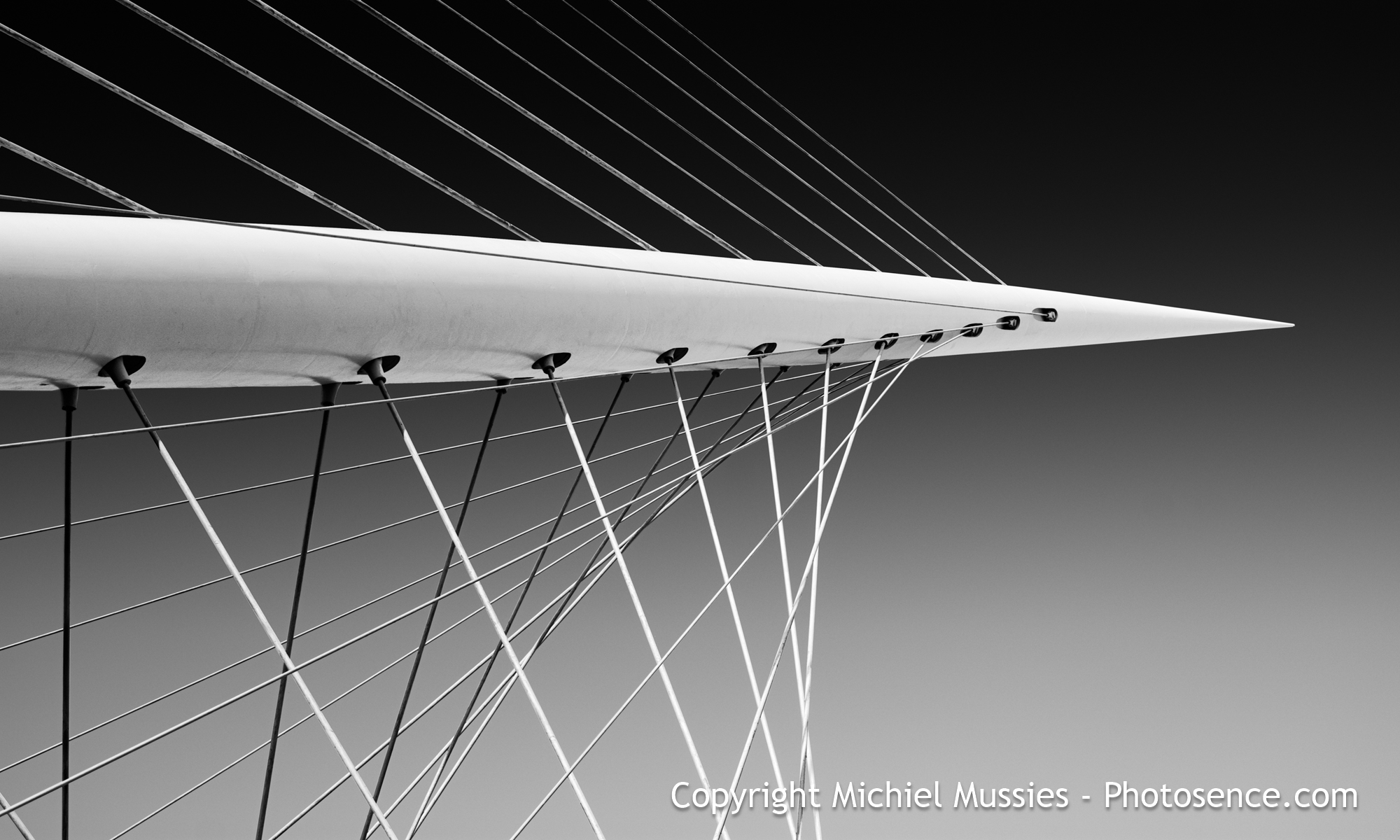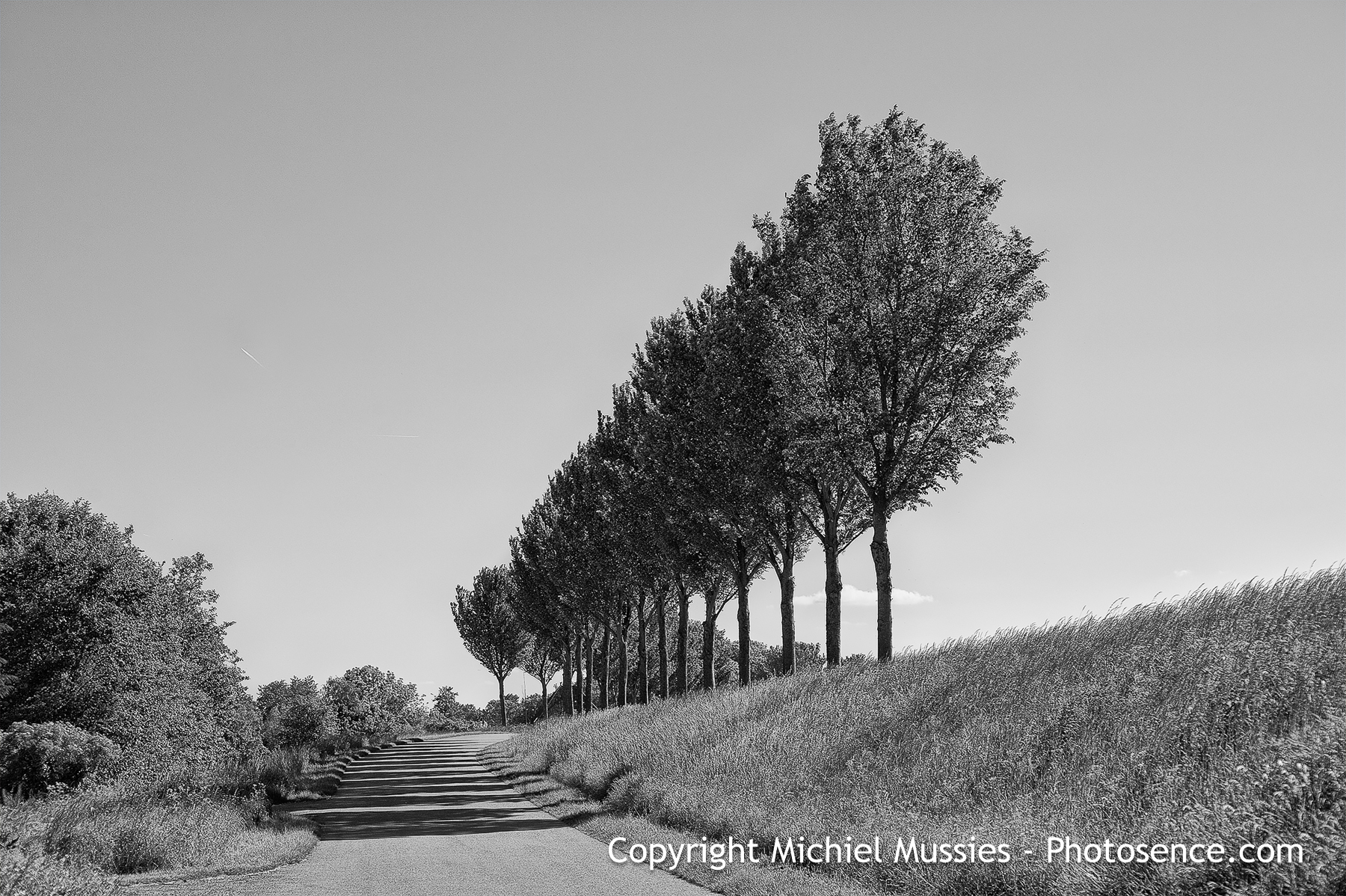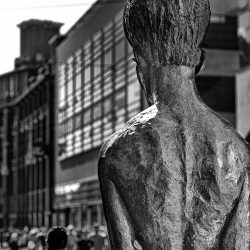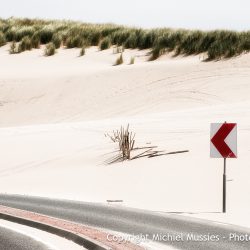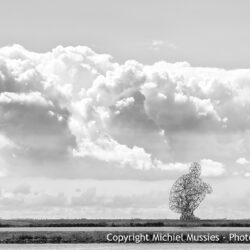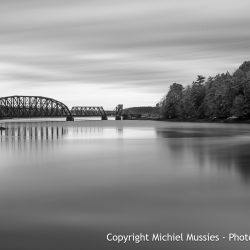Description
Tree-Line
Open edition, signed. Hand printed by Michiel.
Print is signed in pencil.*
Signature and printing date on the lower unprinted border of the print.
All Prints ordered via the web shop are printed on demand. Orders are processed in sequence of fulfilled payment.
To avoid changes in hue, contrast and saturation,
the print is not coated with a UV protection solution or similar spray.
Each copy of this particular image is printed with similar printer settings (and relevant icc profile) to ensure consistency of quality and characteristics between all individual prints.
Prices include all shipping and handling.
An additional fee for shipping applies when your delivery address is in a FedEx outside-delivery-area or outside-pickup-area
Available sizes (actual paper size)
- A3: 11.7 x 16.5 Inches | 29.7 x 42 Centimeters.
- A2: 16.5 x 11.7 Inches | 42 x 59.4 Centimeters
For safe handling of the print and to have room for unmatted framing, each image has an unprinted margin on all sides.
The minimum margin size is 0.39 inches – 1 centimeter
Materials
-Inks
Ink Type: Pigment-based Epson UltraChrome® printed with HD ink technology
These high quality inks deliver vivid color, superior black density and significantly improved print longevity.
Ink Fade Resistance / Print Longevity. Color: Up to 200 years and Black-and-White: Up to 400 years *2*
-Paper
Your print comes on Canson or Hahnemuele acid free paper, the selected types of paper of these manufacturers have no OBA’s *3*. and are selcted for their beauty (to the eye as well as to the touch), their exceptional rendering quality and their guaranteed longevity.
All acid free paper has a high longevity. *4* Combined with the described ultrachrome inks, the print’s longevity
does not sacrifice the intended appearance of the final printed image.
Buying a print means that you agree to buy a product of which you know that it will differ from the screen rendition. *5*
The image you see here on the web site is optimized for screen display. It has a low resolution that allows easy loading on the web site.
Your print is optimized for the precise combination of its specific paper type and designated printer (+ inks).
Your package
All our shipments are handled by FedEx.
Prints are shipped in sealed, cardboard tubes.
Inside you will find:
1 list of contents,
1 instruction sheet that tells you how to handle your prints and how to preserve its quality and longevity,
Your prints, each covered by a sheet of acid free paper (glissine) for extra protection of the printed surface,
1 copy of your invoice,
Per limited edition print: 1 Certificate of authenticity.
Possibly – other packing- and protective materials.
Regulations and options change over time, for the latest details open Shipping Details
*
On lustre paper prints are signed with a non-smudging, archival, pigmented-ink pen.
*2*
The given Ink lightfastness rating is based on accelerated testing of prints on specialty media, displayed indoors, under glass. Actual print stability will vary according to media, printed image, display conditions, light intensity, humidity and atmospheric conditions, as well as conditions inflicted by handling of the print. For maximum print life, display all prints under (UV-) glass or lamination or properly store them. Visit www.wilhelm-research.com for the latest information.]
*3*
Oba’s are Optical Brightening Agents that can ‘yellow’ the paper over time.
*4*
The longevity of the paper under optimal conditions is rated at several hundred years before quality reduces. Longevity depends on storage conditions, display and handling, air quality, ambient temperatures and -humidity.
Handling: use of cotton gloves is recommended, even when only touching the unprinted areas.
Display: display prints behind UV glass and out of direct sunlight to protect your images.
*5*
Differences between print and screen reflect the general differences between types of media. Other differences occur by factors such as -but not limited to- settings and characteristics of your particular viewing device or the lighting conditions in which images is viewed.
A print usually differs in saturation and/or contrast. Prints always have a higher resolution (360 DPI) than their web representation on photosence.com (72 DPI).
In my experience, printing at 360 dots per inch at slow speed gives my choices of paper the best level of ink-spraying, -blending and -drying.
Up to this point the prints do no exhibit additional softness by swelling of paper fibres due to ink wetness (dot gain) or any bronzing caused by too much ink.
If ever needed, DPI settings for prints can be stepped down. (in steps of 90 dpi on the current machine). As Epson printers do not use heat to ‘spit’ the ink on the printing paper, my prints are particularly free of so called satelite dots that can cause the printed image to soften.
